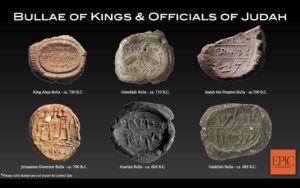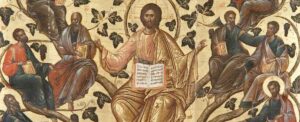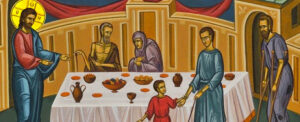We first meet man in Genesis 2:7, where “the Lord God formed man of the dust of the ground, and breathed into his nostrils the breath of life; and man became a living soul.”
That word “soul” in scripture generally means something alive, but it’s most often used the way we today say “person” or “self.” So David asks himself, “Why are you downcast, O my soul?” (Psalm 41:11lxx), and rouses himself to “Bless the Lord, O my soul!” (Psalm 103:1lxx). So in Luke’s Gospel, the words of the foolish man: “And I will say to my soul: ‘Soul, you have many goods laid up for many years. Take your ease; eat, drink, and be merry’” (Luke 12:19).
Today Father Stephen Freeman unpacks the idea of the self or soul in light of eternity. What are you? Give this post a read.
When we discuss our psychological state, what are we talking about. Better yet, who are we talking about? What is the identity of the guy in my head?
Generally, such questions are not asked. They can become important in certain dissociative disorders. If I have two guys in my head, there is clearly an issue. Is what I identify as my self – the sum of my life experiences, memories, decisions, opinions, feelings, habits – is this what will survive the death of my body?
…Just whose psyche is it?
This is an apt question – particularly when you consider that the word psyche in Greek means “soul.” A psychiatrist means, interestingly, a “doctor of the soul.”
From a spiritual perspective, much of what we experience on a moment-to-moment basis, is pathological. That is to say, it is a product of spiritual sickness. The root of this sickness, in Greek, is philautia, “love of self.” In more common parlance, we could say that we are ego-driven.
We create a false-self through our collection of experiences, memories, decisions, opinions, feelings, habits – a false-self that is anxious about its existence, and that is constantly re-inventing and revising its story.





